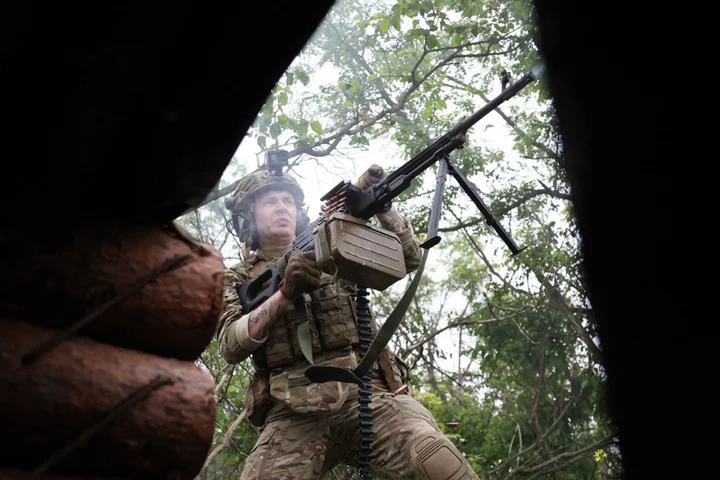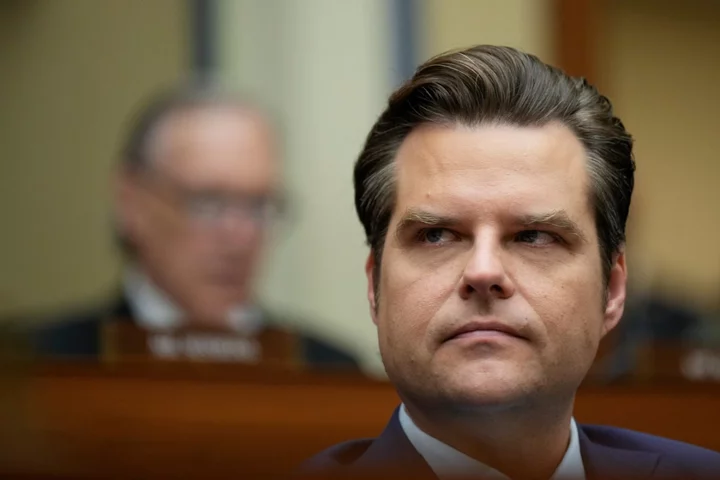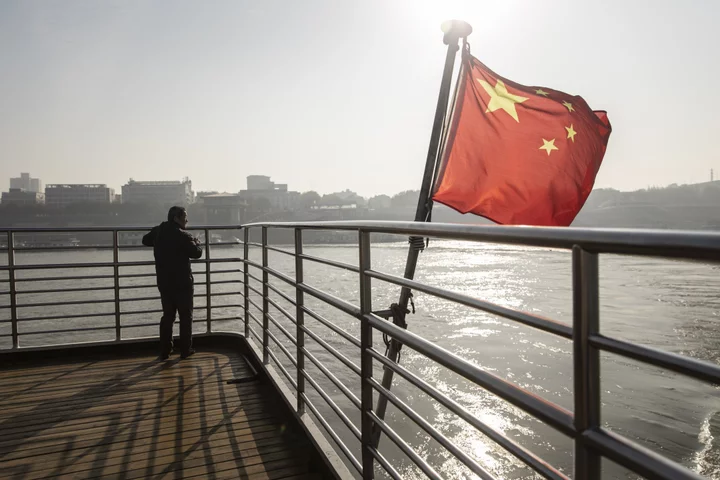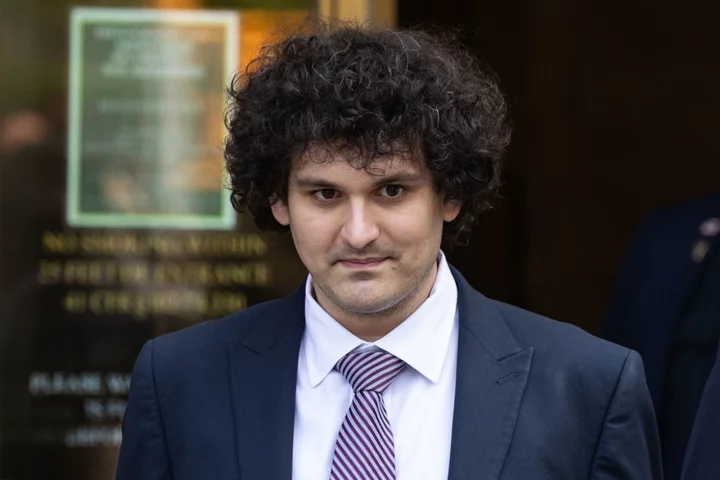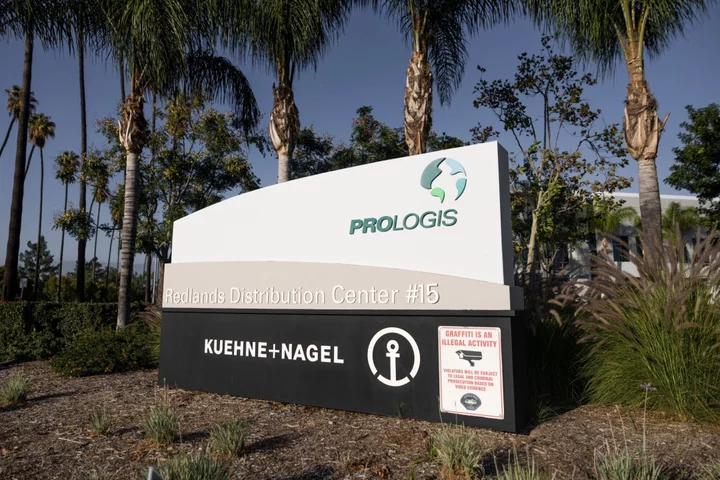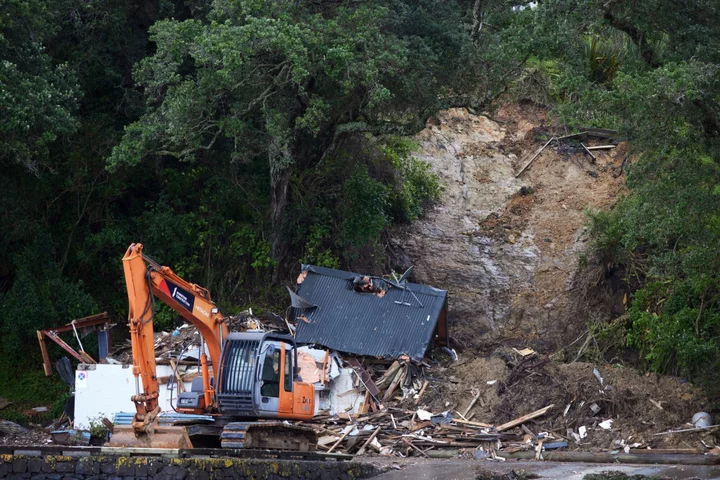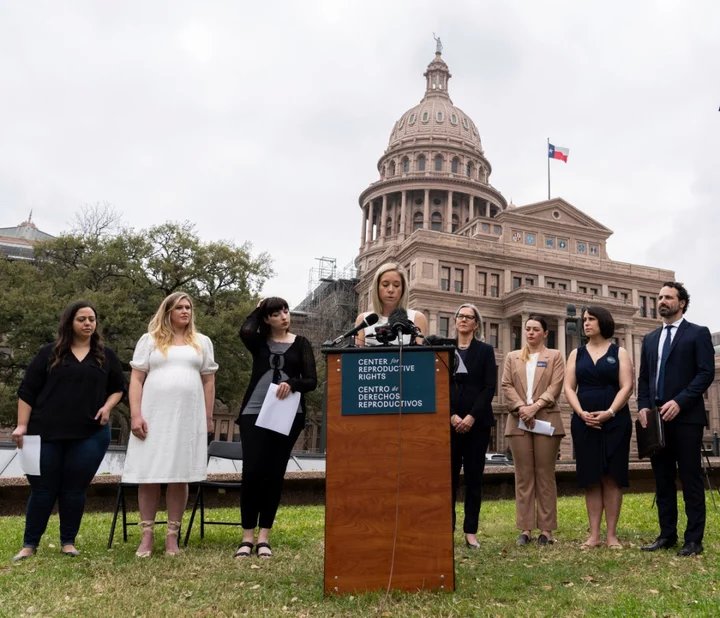The European Union is ready to propose a financial aid package of around €50 billion ($55 billion) to support Ukraine as the country embarks on a critical counteroffensive to retake territory lost since Russia’s invasion more than a year ago.
The proposal from the European Commission, the EU’s executive arm, will help finance the Ukrainian government’s current expenditures and pay for urgent reconstruction priorities, according to people familiar with the plan.
The package, still subject to changes before it’s made public, will be announced Tuesday ahead of a conference this week in London, where donors will discuss how to rebuild the country and Ukrainian officials will seek private sector involvement.
The commission wants to avoid a burdensome reconstruction instrument for a country at war and will offer the aid in the form of grants, concessional loans and guarantees, said the people, who spoke on condition of anonymity because the discussions are private. The World Bank has estimated that Ukraine’s reconstruction costs could amount to $411 billion.
The commission’s plan is part of the review of the EU’s longterm budget, the multi-annual financial framework for 2021-2027. It comes at a delicate moment for the bloc, as member states are facing additional borrowing costs to finance the massive spending required to deal with the Covid pandemic and the energy crisis.
In contrast with previous financial packages for Ukraine, the plan will be financed via contributions from member states instead of borrowing from the markets, one of the people said. The package seeks to bring together assistance used to pay wages, pensions and some public services with the costs related to rebuilding essential infrastructure, according to the people.
The EU and member states have approved almost €38 billion in economic assistance for Ukraine since the war started.
The cash will be disbursed provided Ukraine fulfills reforms to improve the rule of law and address corruption. The reforms aim to put Ukraine on a path to become an EU member with leaders to decide whether to open negotiations by the end of the year.
The commission has previously said it would cover the bulk of the reconstruction needs, although the bloc expects other donors and the private sector to contribute to the efforts. The EU is also looking at options to use frozen assets, including from Russia’s central bank.

